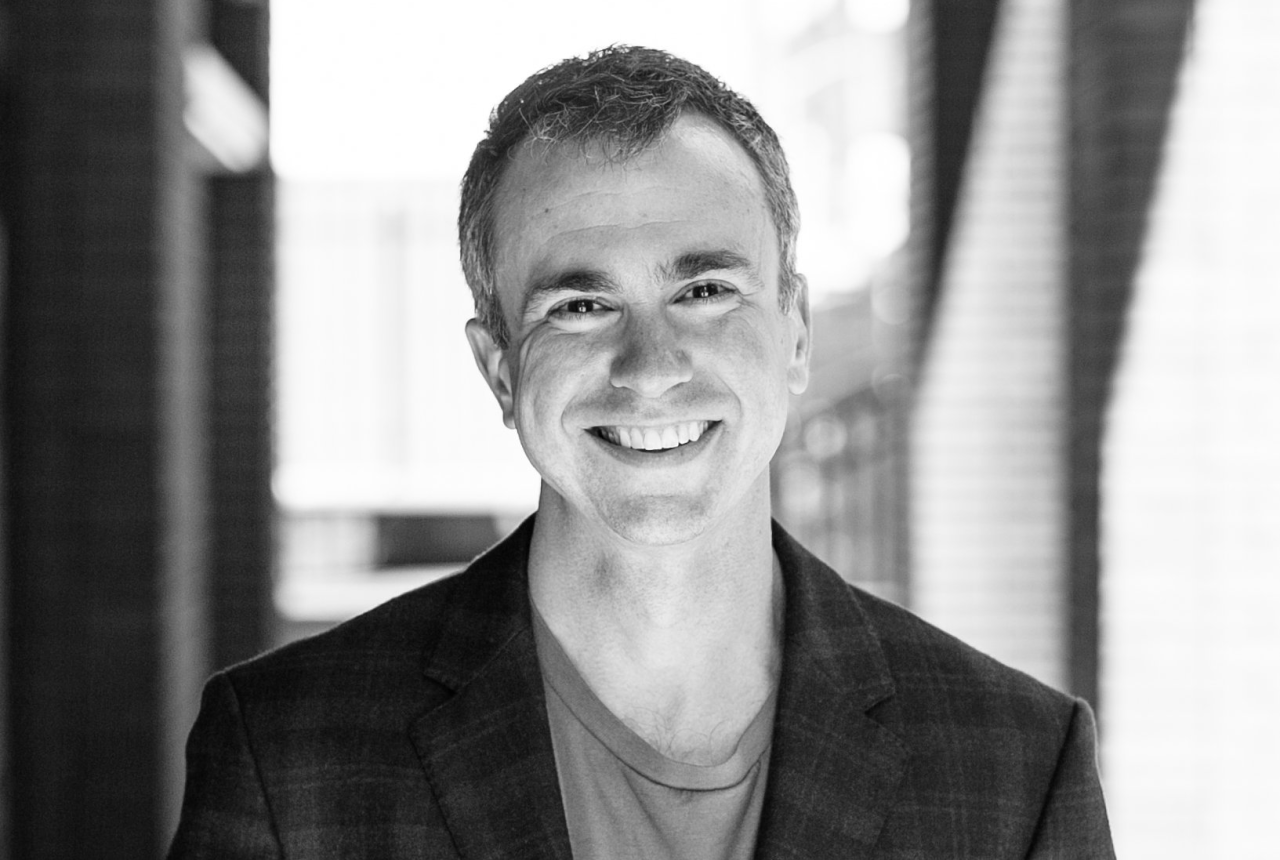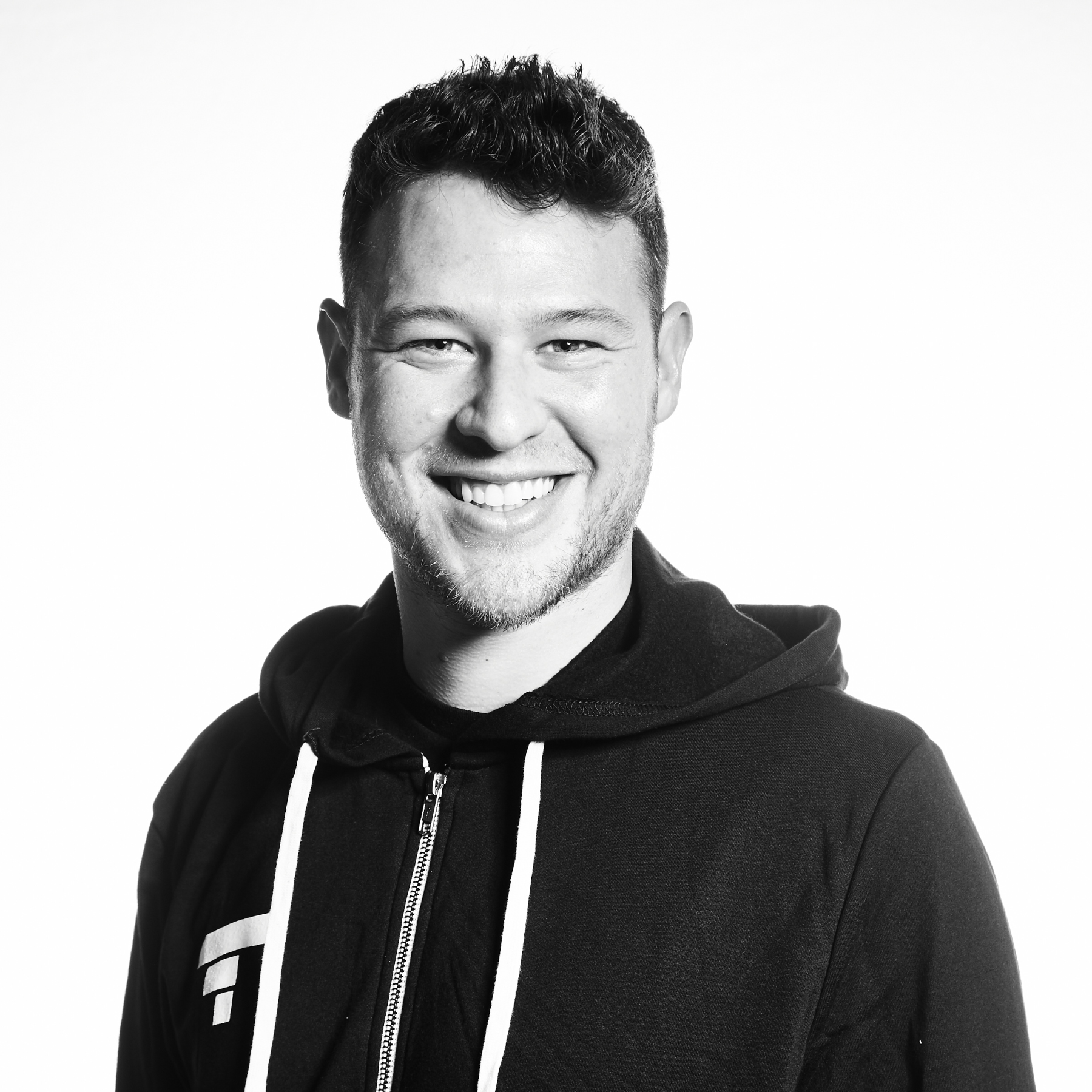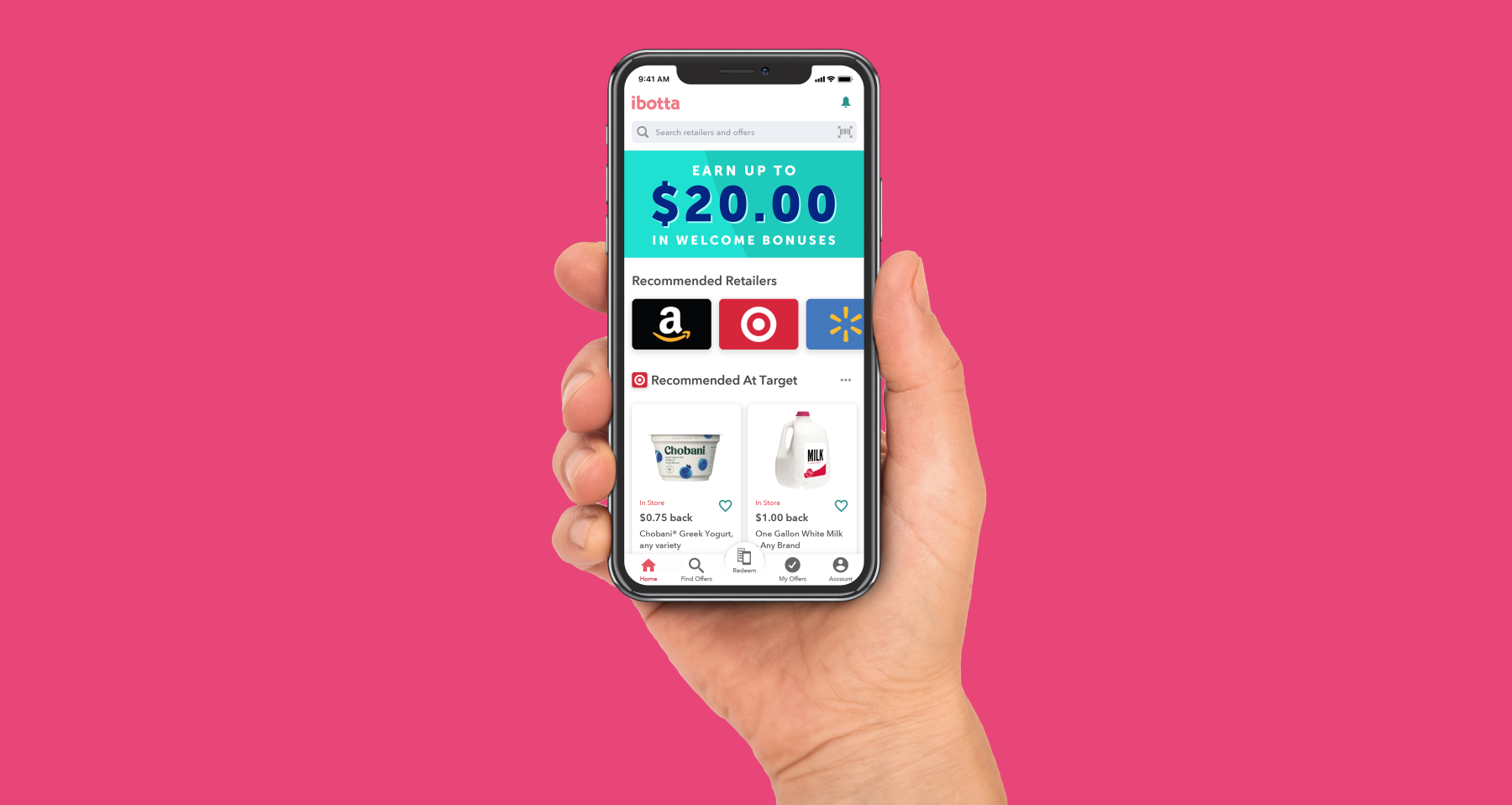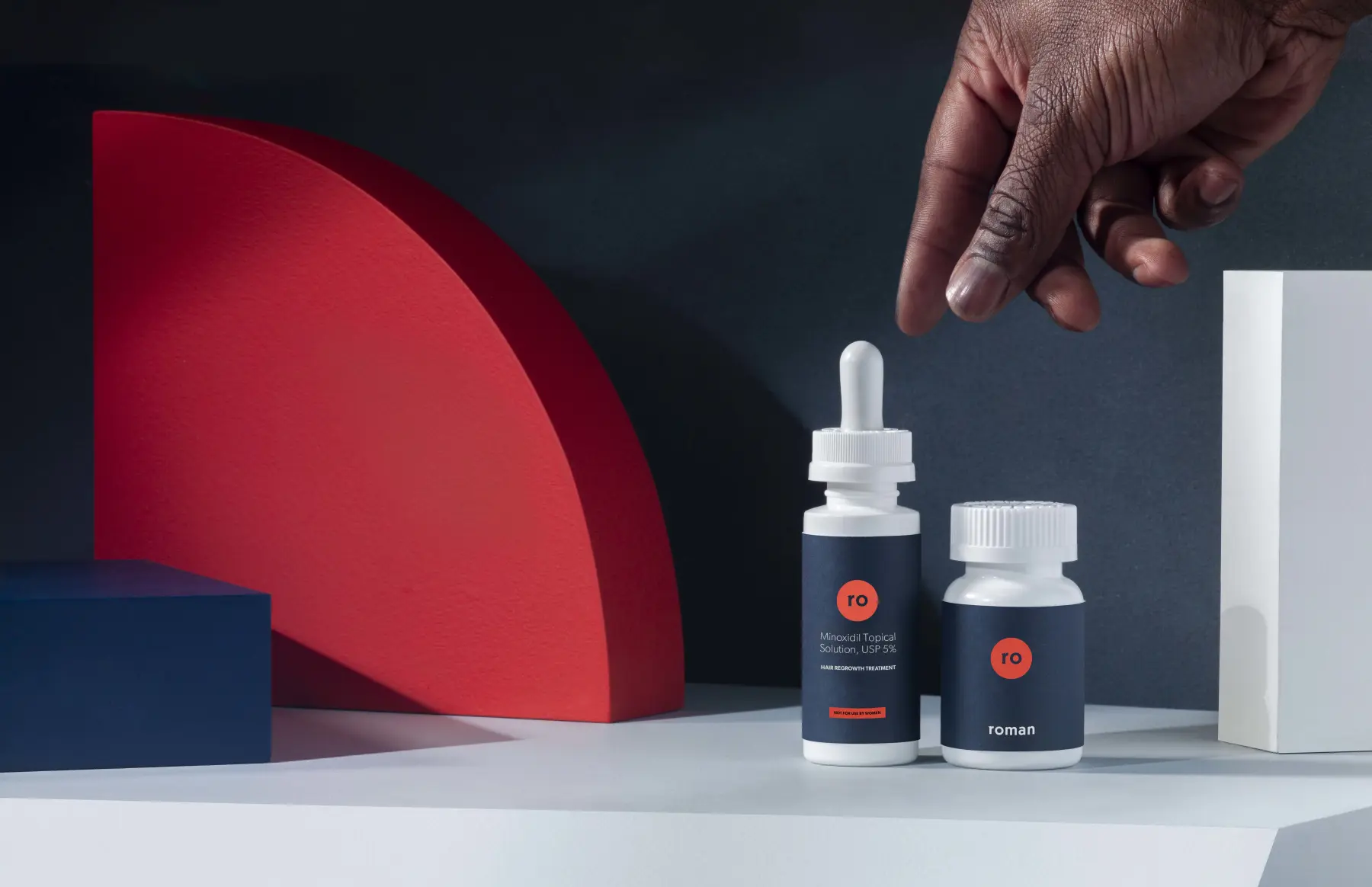
Client Spotlight: Clem Bason
Last week, we talked to Clem Bason, the CEO of goSeek, an online travel service that helps people find the best hotel deals. He told us about his experience in the travel industry in addition to describing how advertising has advanced over the last few years.
Tatari: “For starters, tell us a bit about your background and how you ended up as the CEO of goSeek?”
Clem Bason: “I was President of Hotwire, which is a really interesting business because it does well in recessions. It sells many things, like empty rooms, airline seats, even car rentals, at a large discount. In a recession, there’s a lot of that stuff, and it gets significantly discounted. Think of it as an equivalent of TJ Maxx, but for travel.
After I left Hotwire, I started seeing that hotels were taking deep discounts from places like Hotwire and Priceline and shifting them to shallower discount types, such as coupons. Today, we see hotels putting shallow discounts in many different places, whereas five to ten years ago, there was very little of that. For value-seeking customers, it can be a very frustrating (if not impossible) process to find all these deals. They might know about some of them, but not about others. That’s where we come in; we help those folks by finding discounts from every source available, and we bring them together in one easy search that’s similar to hotel search sites like Tripadvisor or Trivago.”
T: “As you’ve mentioned, before goSeek, you already spent several years in the travel industry, and marketing must have been very important for this type of business. Is there any difference between how marketing is done today and how it was done before?”
CB: “Marketing in the old days was less optimizable across all domains. You didn’t have much flexibility; you couldn’t segment anything, and everything had to be done brute force and dead simple. Certain marketing channels, especially the old-school ones like TV, either worked for you or they didn’t, so you were either in or out. But, what I saw at Hotwire as time went by and what I’m now seeing at goSeek, is that channels are gradually becoming more segmentable. Now, you can say ‘Well, TV works for me in certain places, or at certain times of day, or on certain stations.’ On top of that, the more automatable these channels are, the more you can get out of real-time data and find the parts of these channels that work for you. So, channels that didn’t work for us during the Hotwire days now do because the industry has advanced to this level.”
T: “You’ve alluded already that you had some experience with TV advertising before goSeek. What was it like going into TV the first time? Were you reluctant to try it out?”
CB: “Yeah, definitely. Old-school TV was a huge financial commitment. Sometimes you needed around half a million dollars just for production, and more than a million for spend. That was a lot. Then, of course, there was the risk factor—if you were spending that much money, what if you messed it up? Or what if it just didn’t work for you? Things have changed now. TV is becoming more segmentable and data-driven, so you can be more creative and frugal in how you approach the entire process.”
T: “Compared to other marketing channels at goSeek, and in the online travel industry in general, do you see certain benefits or disadvantages with TV advertising?”
CB: “Well, for online travel, TV delivers a much higher customer lifetime value. On top of that, if you can get TV to work for you, you’ll have almost infinite scale. It can scale for you forever. And, as I’ve mentioned before, as it automates and becomes more segmentable, you can see which little parts of the channel work for you: maybe it will be certain dayparts or some small local markets.”
T: “Going beyond TV, how do you conduct customer acquisition at goSeek? What metrics are the most important to you?”
CB: “First of all, we need a customer that will convert in the moment, or at least in a predictable way so that I can see a return. So, I would say that, for us, a predictable ROI is really important. And the revenue for each visitor who comes to our site is quite small compared to other industries. Some channels do not work at all, while others do well for our economics. So, we pick based on the ROI, and based on what works or has worked historically in online travel.”
T: “Let’s talk a bit about online travel in general. The travel industry can certainly be impacted by seasonality—does this affect business and marketing at all? If so, how do you deal with that?”
CB: “In travel, the peak is during June and July, and also a little bit during spring break. The real dead zone is during this period, in Q4. Which is funny, when you think about it, because most people think that travel does well in fourth quarter with all the holidays coming in. It’s good for airlines, but for the rest of us, it doesn’t do much. Fewer people are booking hotels, business travelers are working from home at the end of the year, maybe because they ran out of budget or because they just want to be with family for the holidays. So for TV specifically, you may see ads running throughout the entire year for the big players, but most small players will pause after September.”
T: “Those are very useful insights. If you look back at all the years spent in the travel industry, what was the most important advertising lesson you’ve learned?”
CB: “I’ve learned two things. First, if you can get into a channel early before anyone else discovers it, it’s like a gold mine. The second thing I learned is that diversity is important; you need to be experimenting and testing all the time, trying to find what works for you. When you find something that works, focus on it, put money into it, and hope it lasts for a very long time!”
T: “With all this experience, you probably have developed a good sense of what you’re looking for in people when building a team. At goSeek, it seems that you have a small and tight-knit group of people. What was important to you when you were creating this team?”
CB: “There are three things that matter to me. The first is trust. If you trust the person and the quality of their work, each individual can work from anywhere, at any time. Second, commitment is also important. You want to have people who own their work, especially if something breaks or needs attention, it’s important to have people who will work at it until it gets fixed. Finally, a quantitative and analytical mindset is crucial to have when deconstructing and fixing problems. Of course, this can be taught, but it is also a little bit of an innate skill. These days, it’s simply a requirement if you want to be in this industry.”

Skyler Logsdon
I'm the Head of Sales and I love swinging for the fences.
Related
Client Spotlight: Brooke O'Brien at Ibotta
Tatari sat down with Brooke O'Brien, Marketing Manager of User Acquisition at Ibotta, to learn more about her journey and experience with TV advertising.
Read more
Client Spotlight: Jordan Gladstone at Dave.com
Tatari sat down with Jordan Gladstone, Director of Marketing at Dave to learn more about her journey and experience with TV advertising.
Read more
Client Spotlight: Will Flaherty at Ro
Tatari sat down with Will Flaherty, VP of Growth at Ro to learn more about his journey and experience with TV advertising.
Read more


